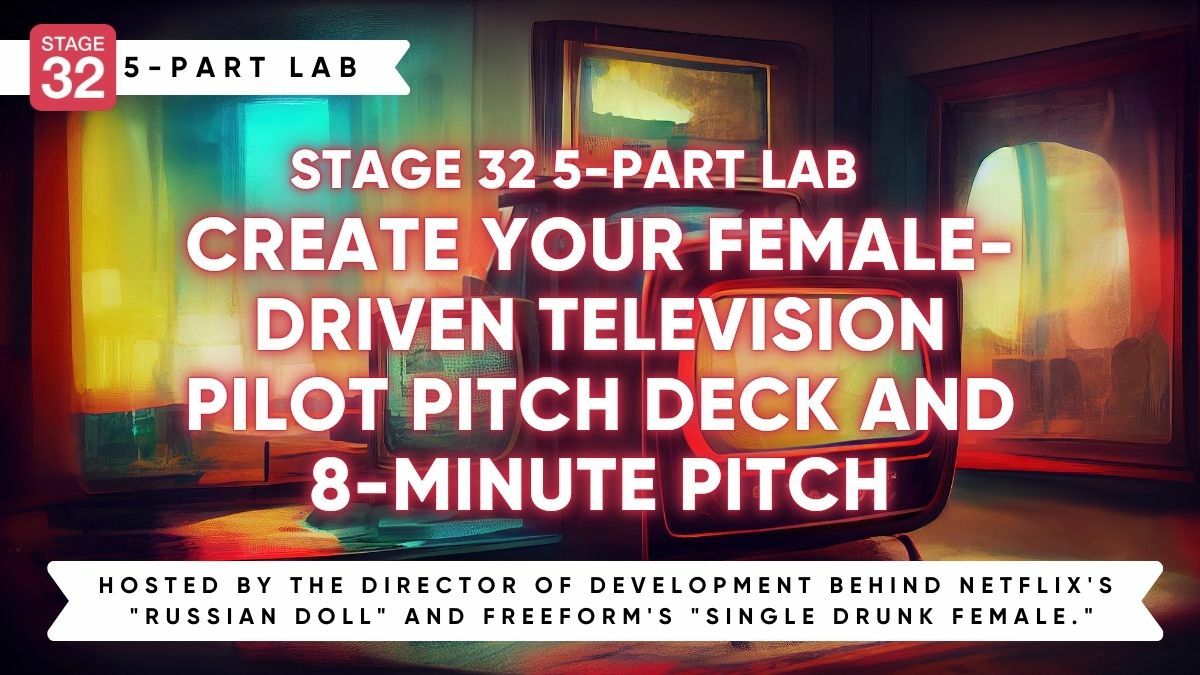In the shadows of the towering achievements of artificial intelligence, a stark reality looms—an unyielding march toward automation that promises to decimate the landscape of employment as we know it. The data, grim and unforgiving, speaks volumes about the impending job losses that are set to redefine societal structures. In May 2023 alone, AI was responsible for 3,900 job losses in the United States, a number that only scratches the surface of what is yet to come.
Experts, like those from Goldman Sachs, paint a dystopian picture, forecasting AI's replacement of 300 million full-time jobs globally—an overwhelming 18% of the world's workforce. The tendrils of AI's reach extend deep into the heart of advanced economies where white-collar professions, once thought immune, now face existential threats. Administrative roles, teeming with routine tasks, and legal professions, reliant on the processing and review of documents, are poised to be usurped by more efficient, relentless AI systems.
The long-term projections are no less dire. By 2030, between 400 and 800 million individuals may find themselves displaced, their skills obsolete in the face of AI's relentless advancement. The displacement is not a mere shift but a potential upheaval of the global workforce, redefining who works, how work is done, and who reaps the economic benefits in a radically transformed world.
As the clock ticks down, the reality of AI-induced unemployment is not a distant threat but an immediate and disruptive force, tearing through the fabric of economies and communities worldwide, leaving uncertainty and unrest in its wake.
The Mirage of New Opportunities
While proponents of AI evangelize the creation of new job roles and opportunities as a counterbalance to displacement, this optimism is overshadowed by the harsh realities of the evolving job market. The creation of roles in AI development, data analytics, and machine learning, though significant, represents a sliver of hope that is accessible only to a privileged few. These high-skill roles demand a level of expertise and education that is out of reach for the vast majority of those displaced by automation.
Moreover, the promise of AI in enhancing existing jobs, such as in healthcare, where it aids diagnosis and treatment, glosses over the broader implications of widespread automation. For every job enhanced or created, multiple others are rendered obsolete, creating a vacuum that cannot be filled by the limited number of specialized positions AI brings forth. This disparity creates a chasm between the skilled and the unskilled, the adaptive and the obsolete.
Regional variations in the impact of AI further complicate the narrative. While advanced economies battle with the displacement of routine and administrative tasks, emerging markets face a dual threat: less immediate disruption but a crippling lack of infrastructure to leverage AI for economic gain. This global inequality in the benefits and burdens of AI ensures that while some regions may glimpse the future of work, others are left grappling with widening economic disparities.
In response, calls for reskilling and upskilling are well-intentioned but insufficient. Training programs, while necessary, cannot keep pace with the rapid evolution of AI technology and the sheer scale of job displacement it causes. Furthermore, regulatory and ethical considerations, such as addressing bias in AI algorithms, while crucial, do not mitigate the immediate economic impacts of job loss.
Thus, the narrative of AI as a harbinger of equal opportunity is fundamentally flawed. The reality is a stark landscape where the benefits of AI are reserved for a select few, while the majority are left to navigate a dwindling pool of employment opportunities, highlighting a grave imbalance that threatens to deepen societal divides rather than bridge them.
The Descent into Dystopia
As the relentless march of artificial intelligence reshapes our economic landscape, the consequences of inaction are dire. The burgeoning wave of AI-induced unemployment is not merely an economic downturn; it is a catalyst for societal upheaval. If preventive measures are not put in place immediately, the massive job losses will lead to unprecedented levels of homelessness and poverty, fueling a surge in crime as millions struggle for survival in a rapidly changing world.
This descent into chaos risks paving the way for a new era of global authoritarianism. Governments, in a bid to maintain order and control over increasingly desperate populations, may turn to more oppressive measures. They will justify the erosion of democratic values as necessary to stabilize societies fractured by economic disparities and social unrest.
Moreover, in this new world order, the very essence of what it means to be human is at risk. As corporations leverage AI not just to replace human labor but also to influence decision-making and shape cultural norms, the distinction between person and entity blurs. The term ‘human l’ could become secondary to ‘person’ — a broader classification that extends rights and identities to corporate entities at the expense of individual liberties.
The stakes are extraordinarily high. Without a comprehensive and immediate response that includes robust social safety nets, proactive reskilling programs, and stringent regulations on AI development and deployment, we stand on the brink of irrevocably altering the fabric of society. The challenge is not only to manage the disruption AI brings but also to prevent it from undermining the foundational principles of equity and humanity that underpin our civilization.
To avoid this dystopian future, it is imperative that we act now. Societies around the world must come together to forge a path that respects the transformative power of AI while safeguarding the dignity and security of every individual. Failure to do so could mean descending into a world where chaos, authoritarianism, and corporate dominance redefine what it means to be human in the age of artificial intelligence.



1 person likes this
There are efforts at the G-7, USG elsewhere to look at and develop AI frameworks, weigh benefits and risks, etc., and warnings about it are certainly out there too. But your concerns should not be dismissed. The entertainment industry appears to be a test tube for AI.